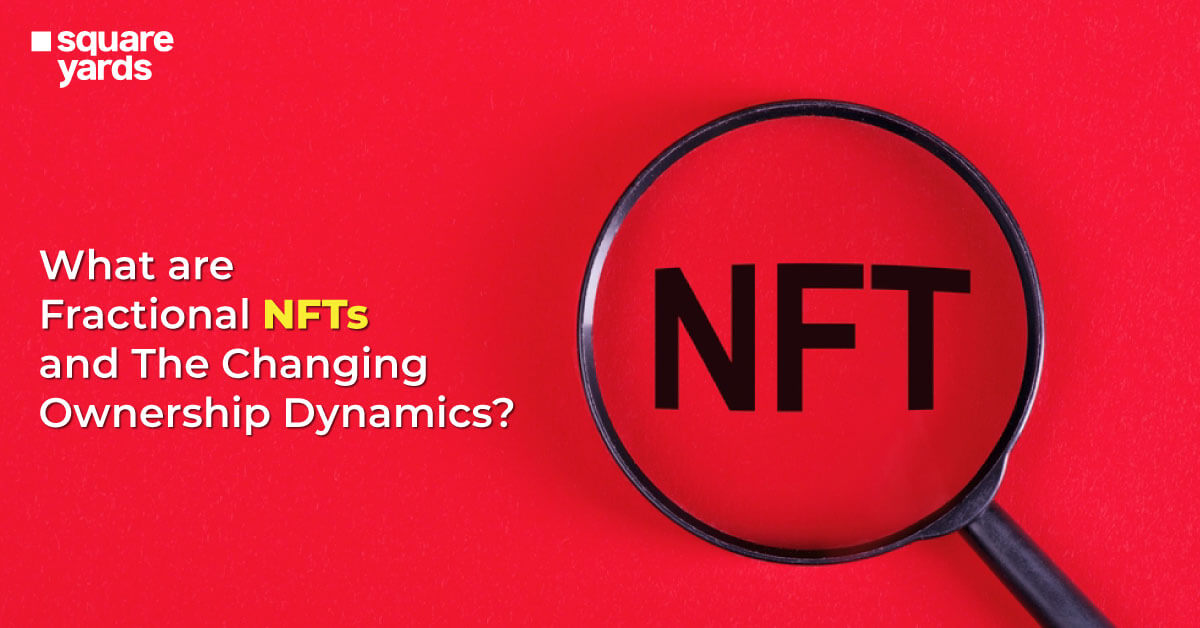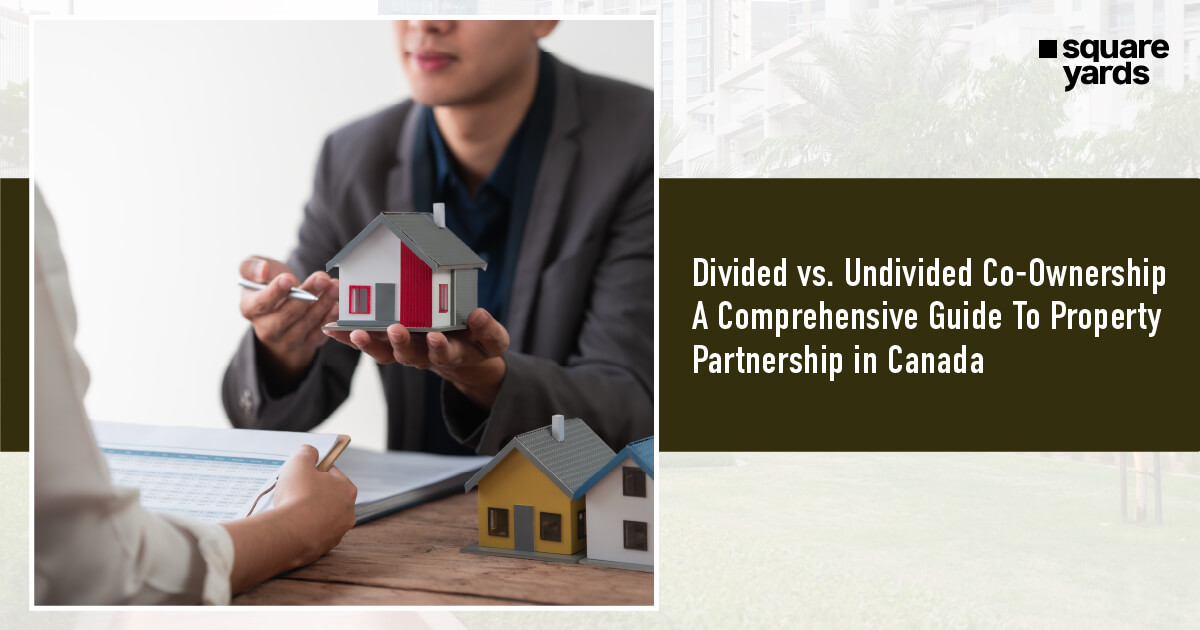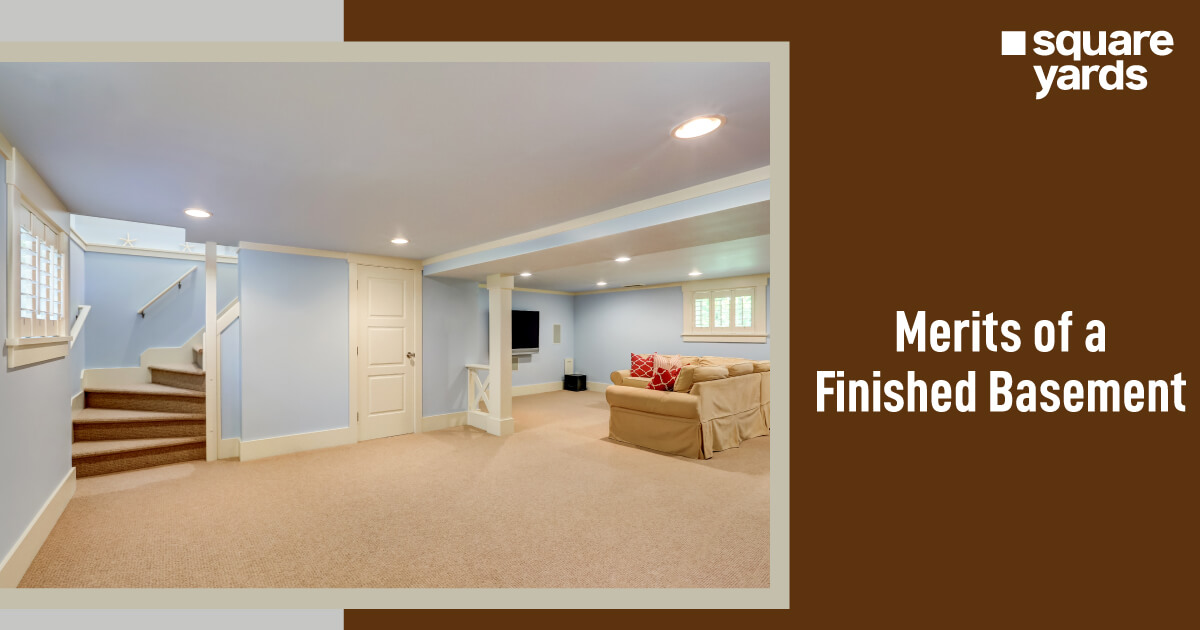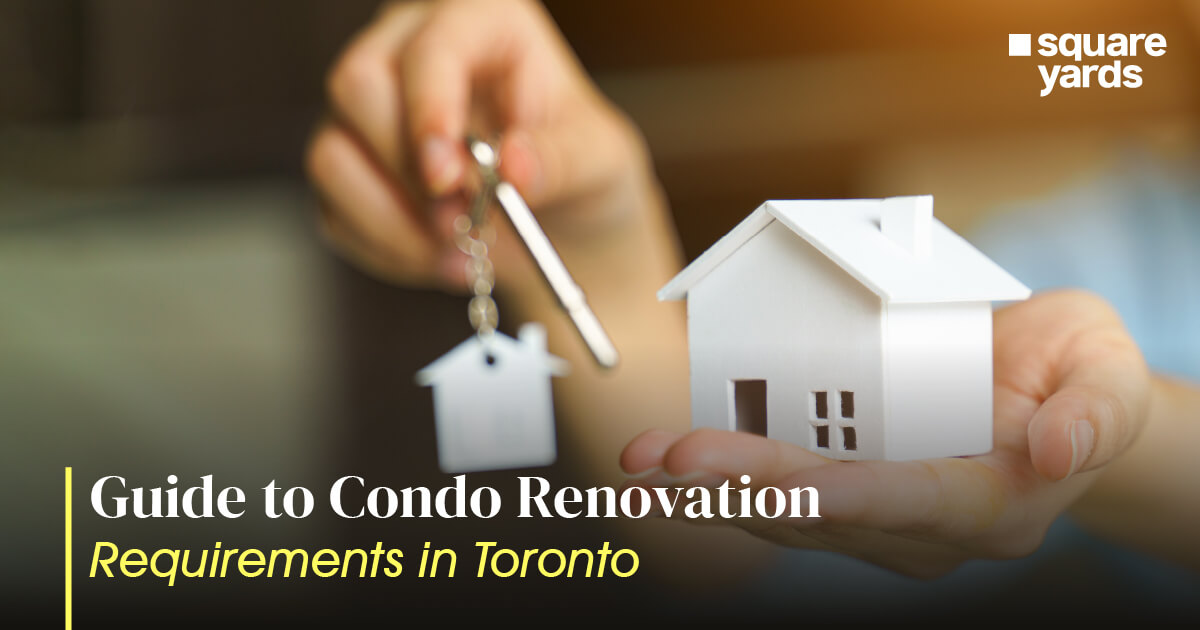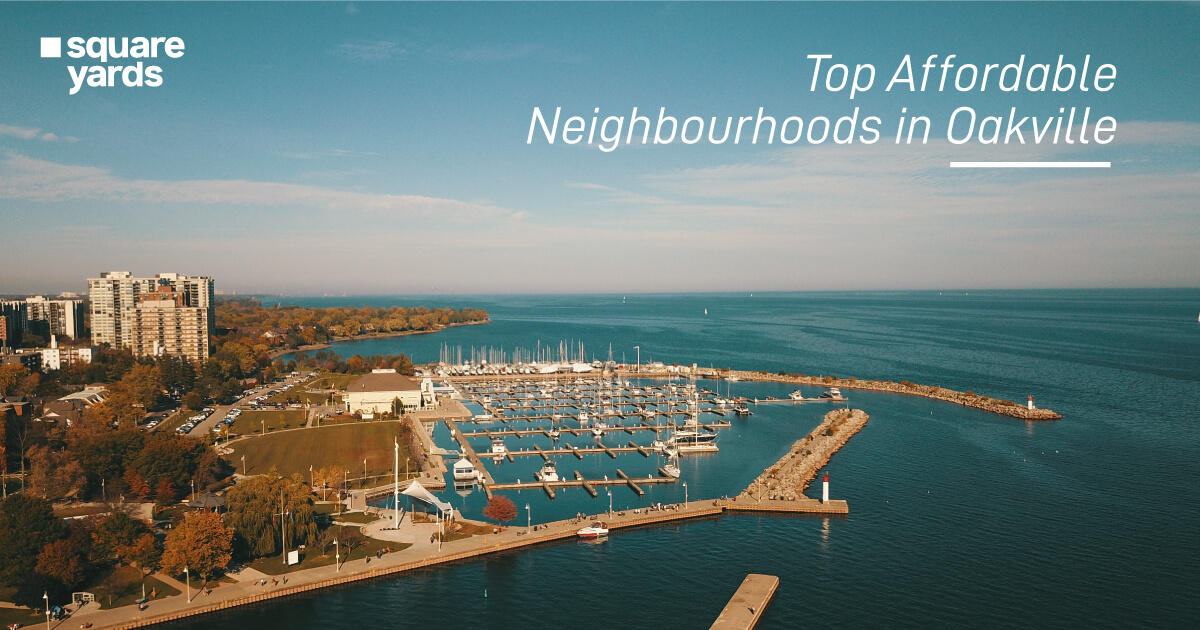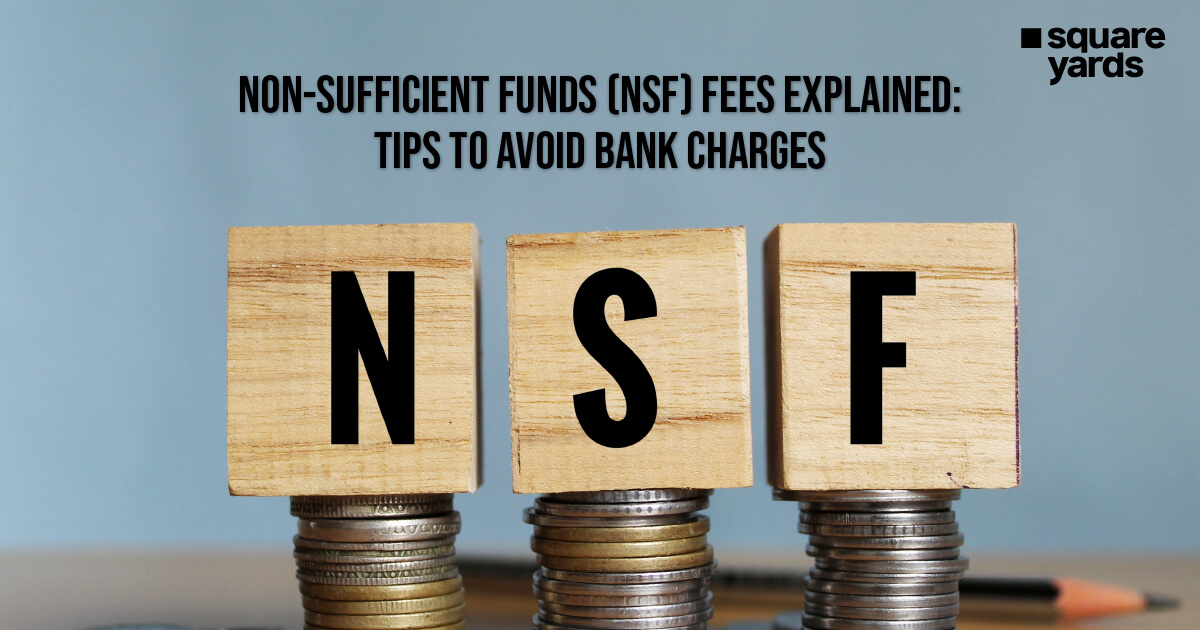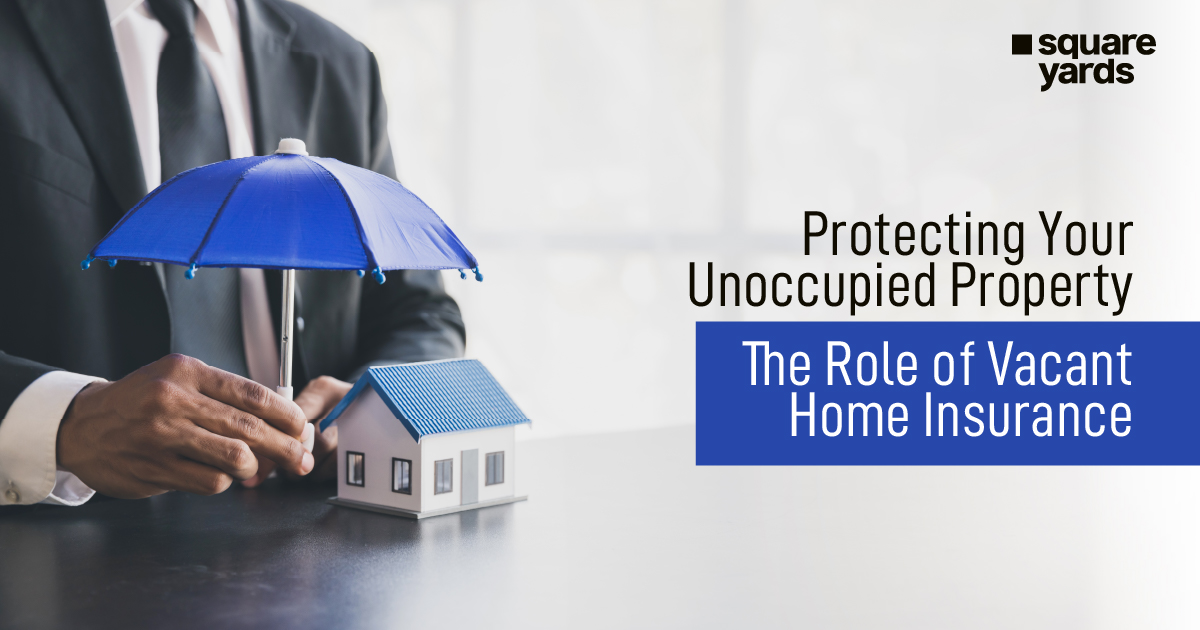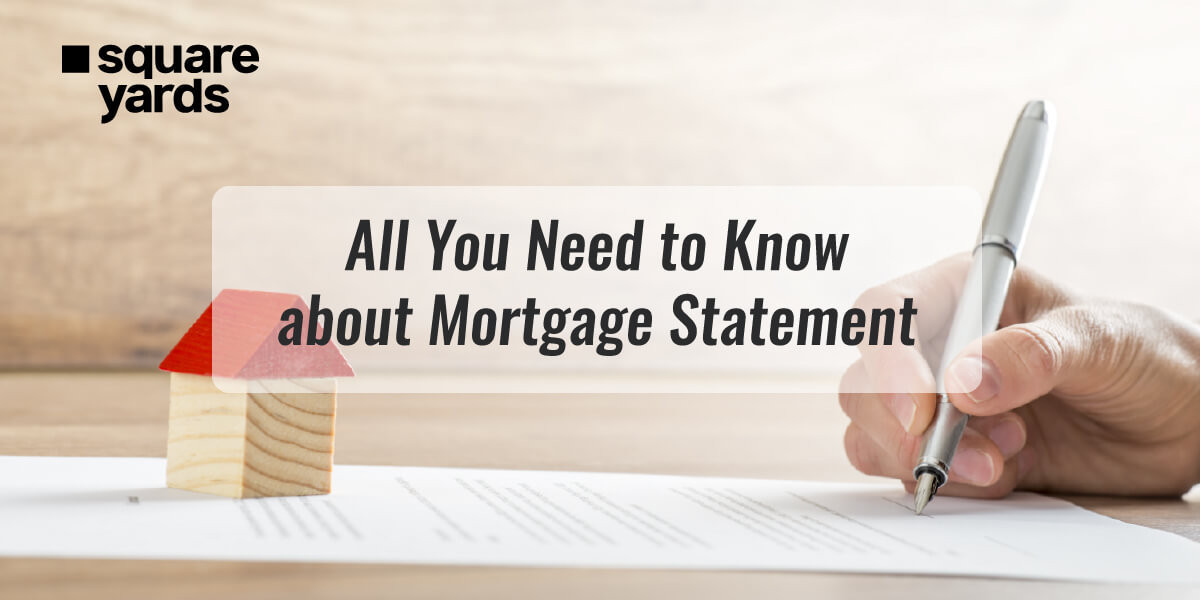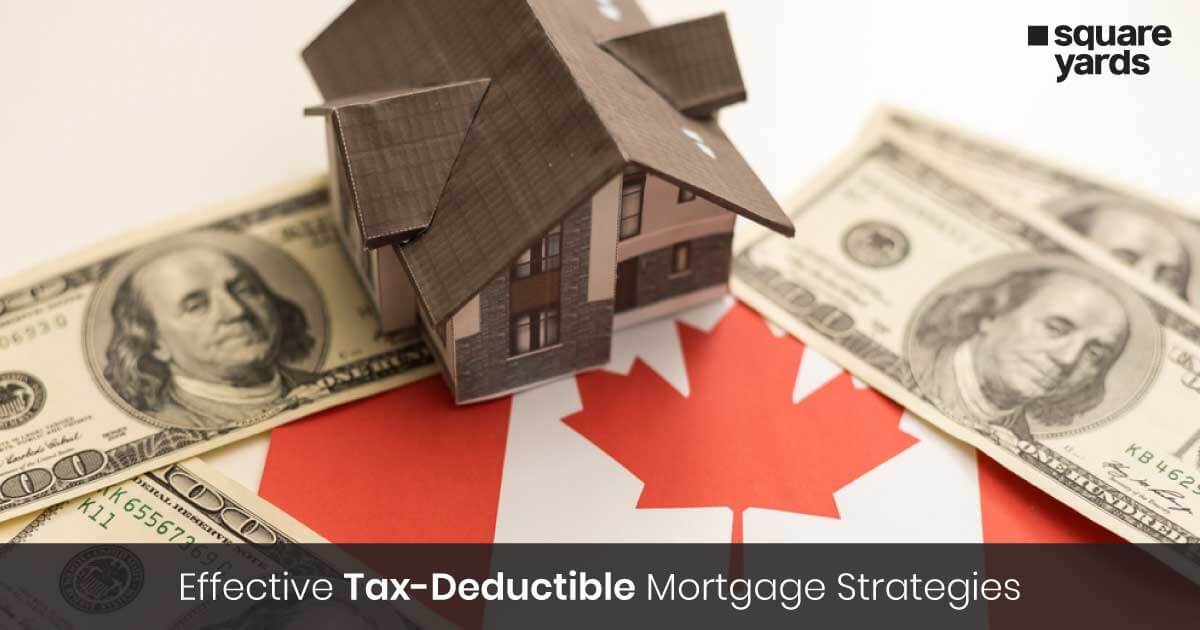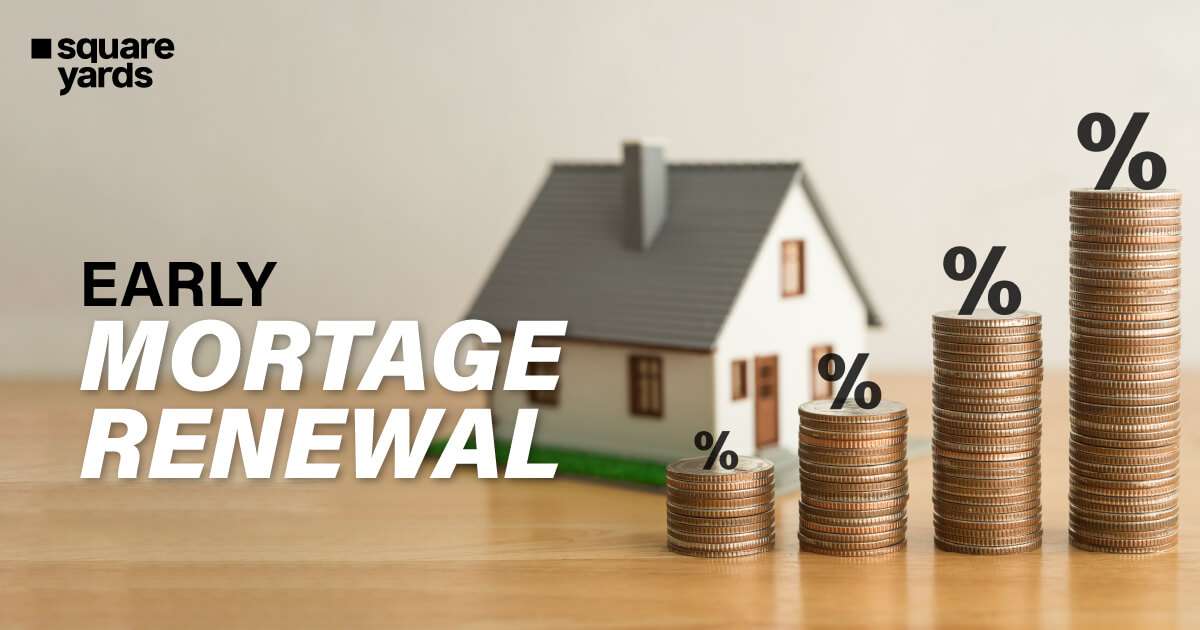Are you confused about whether to buy a real estate commercial space or lease one? While making this choice, it is important to take into consideration your company’s planned development, earnings, and legal obligations. The initial expenditure to buy a commercial space would be significantly higher than it would be to rent one. However, buying a property will enable you to reduce your rental costs over time and increase your profit from any rise in property values.
This blog outlines a complete guide to the pros and cons of commercial real estate buying and leasing.
Ideal Scenarios To Buy a Commercial Space
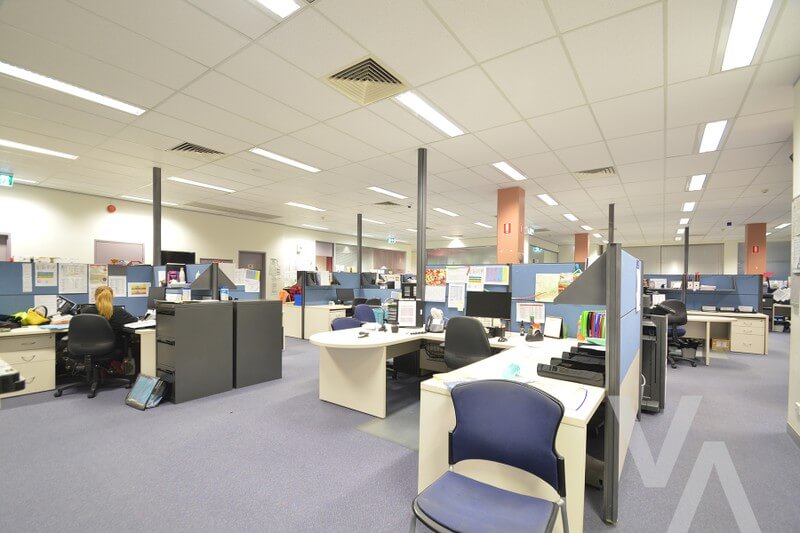
If you have a sufficient budget to cover the cost of the deposit and a six-month period of loan payments without putting your company in a financial crunch, buying is considered a good decision.
You can opt to buy a commercial space in the following situations:
-
The Location is of Vital Importance
Finding the ideal location of your choice can be challenging at times. You should reserve a commercial real estate space if it meets your criteria. You can then negotiate a deal once you have identified a desired location that increases profits through customer flow and accessibility, lowers expenses because of connectivity to important suppliers, as well as enable you to recruit and retain staff.
-
You are Building Your Personal Wealth
For many business owners, commercial real estate has recently proven to be an excellent investment. Though there are no guarantees in this domain, owning a property can help you accumulate money outside of your existing business. Buying commercial space is one of the best investments due to the constant rise in real estate property rates.
-
If Your Existing Leasehold is Expensive
It is reasonable to purchase a real estate commercial property if your current rental agreement costs a lot of money to house your business. However, if the time is not quite perfect, you might want to think about leasehold enhancement loans to get you through the situation.
-
You Wish to Boost Your Working Capital
A properly financed real estate commercial investment can increase working capital by lowering your monthly rent payment. You can make use of this factor to grow your company and generate capital. Since growth and cash flow need to be balanced, these kinds of acquisitions can ensure that your company has sufficient working capital to expand.
Ideal Situations To Lease Commercial Space
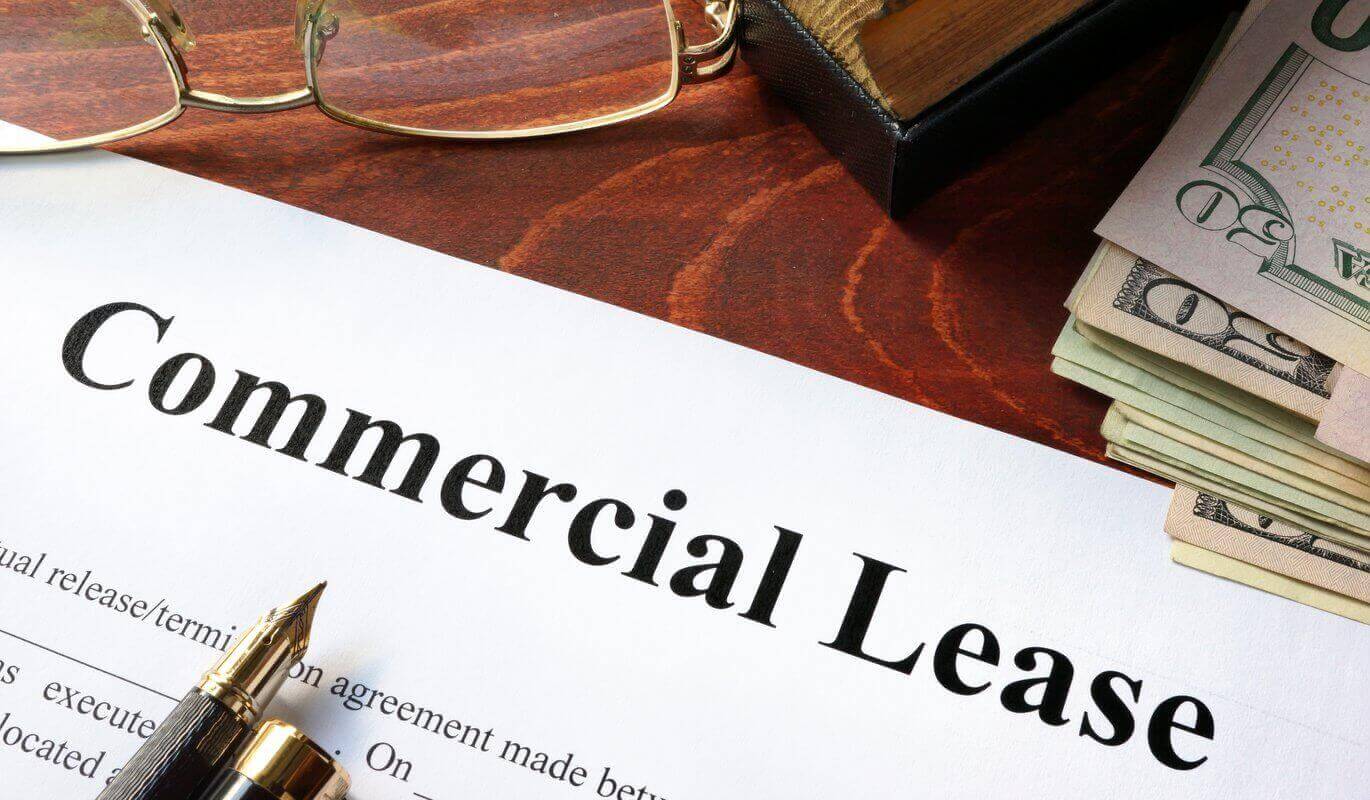
A commercial property lease is a contract wherein one party offers another party the right to use real estate or property for a set length of time in exchange for payment. Numerous people new to the business opt for leasing space as it provides them with time and scope to manage finances.
Here are some instances when it is advisable to lease:
-
A Lack of Substantial Capital
Start-ups cannot often invest a significant amount of money in a facility, so it is advisable to lease a commercial space. Even if your company has been around for a while, you might not have enough revenue right now to support both expansion and the purchase of a commercial property.
-
If You Have an Unstable Business
If your business is expanding quickly, contracting, or if you do not properly understand the future course of action, it is more beneficial to lease a property instead of buying one until things settle down.
-
A Lack of Time to Take More Responsibilities
Property ownership has extra obligations and prospective issues like maintenance, legal discourse and more. You can choose to lease a commercial space and concentrate on running your company if you want to avoid additional responsibility at the moment.
Pros and Cons of Buying a Commercial Real Estate Property
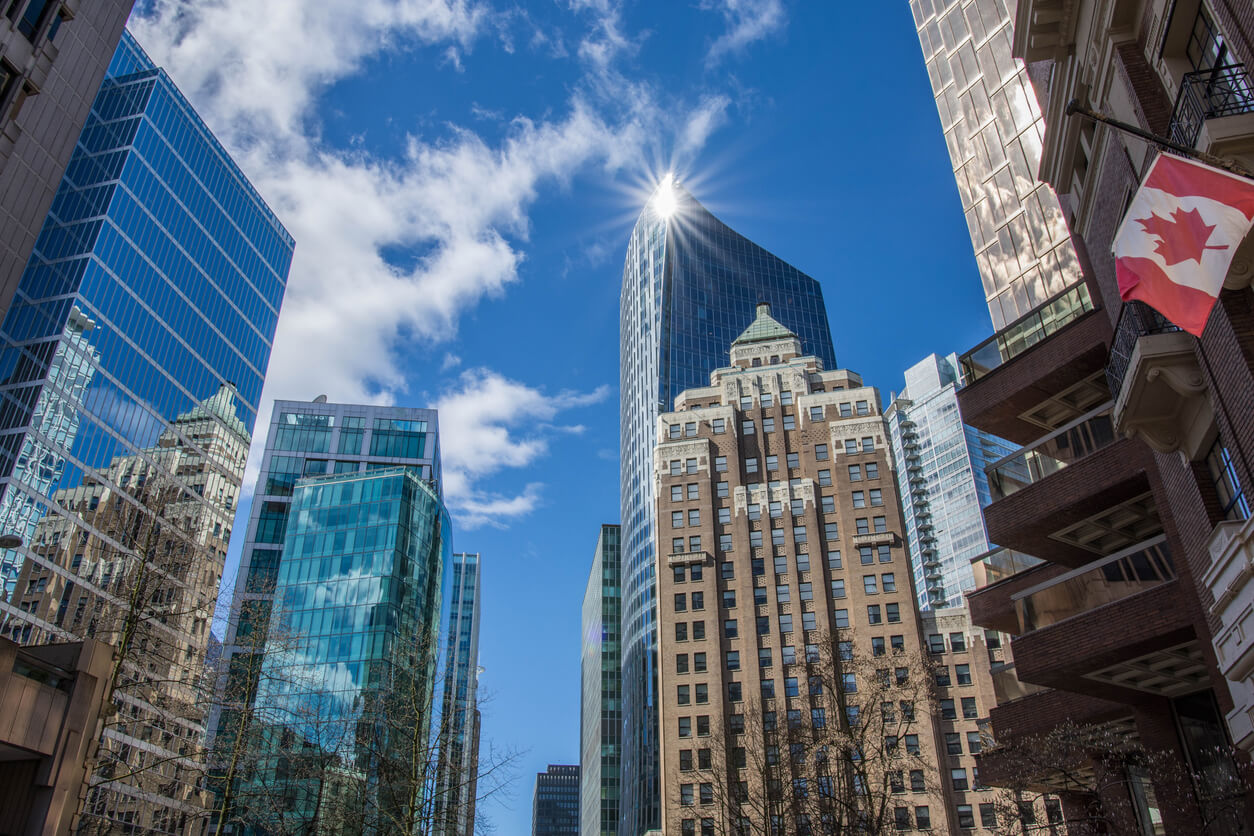
Commercial real estate is a lasting asset that retains its worth over the years as long as it is kept in good condition. The benefits and drawbacks of purchasing such a property are listed below.
the following are the pros of buying commercial real estate:
-
- Authority Over Property: It may be vital to have ownership of the property, particularly if you intend to do large modifications. Buying the property can also be beneficial if you wish to operate your company differently than you did at first or if you intend to have variable business hours.
- Tax Savings: Your tax expenses may be reduced via a purchase agreement. While the cash you invest on purchases may qualify for tax deductions, your rent payment may not. Additionally, deductions for the interest paid on EMIs are also offered if you borrow money to buy the house. This may lead to considerable financial savings.
- Equity Growth: If you purchase in whole cash, you immediately possess the entire property. Your down payment and regular payments on a loan increase the property’s equity. Your equity is the disparity between the actual selling price of the property and the outstanding loan balance in the case when you remortgage or dispose of the property, and it contributes to the growth of your company’s total worth.
Listed below are the cons of buying commercial real estate:
-
- Loss of Capital: A possible con of commercial property is that there is always a potential that the market value of your property may decrease, and if you choose to sell, you may incur a capital loss. Additionally, you can experience problems with liquidity due to investment. You may have to refinance or sell your mortgage with incomplete payouts in order to get your money back.
- Additional Fees for Loan Downpayment: When you pay back the outstanding balance for numerous commercial real estate loans, you may be subject to steep prepayment penalties, such as yield upkeep costs or charges.
- Increased Liabilities: Since you are liable for anyone who is injured on your property, you must purchase liability insurance to shield yourself from any potential legal issues. You are also liable for property management if you rent out a portion of the property, which necessitates extra insurance of the property. A personal guarantee is another common requirement for loans, which makes you personally responsible for repayment in the event that your company is unable to.
Pros And Cons of Leasing a Commercial Real Estate Property
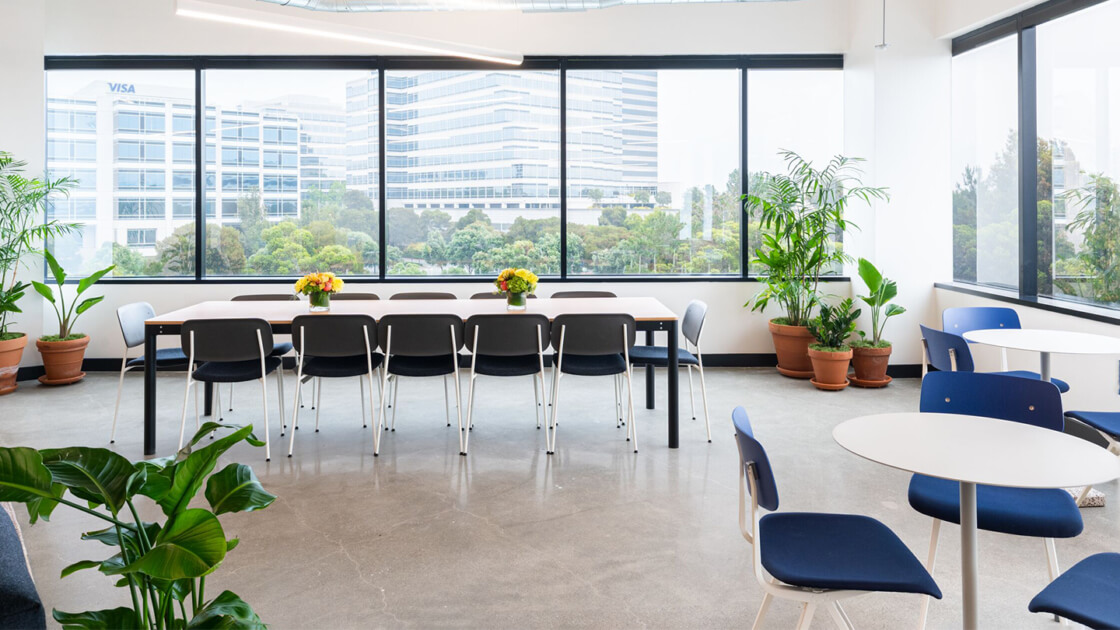
The normal length of a real estate commercial lease is five to ten years. During the term of the lease, you can utilise the property according to any limitations included in the contract of lease. Maintenance costs are significantly lower in the case of leasing a property as compared to buying it. Detailed below are the various pros and cons of leasing.
A few pros of leasing commercial real estate are detailed below
-
- Fixed Monthly Expenditures: While small repairs could be expected from you when you rent, you won’t typically be responsible for any major servicing, maintenance, or preservation of the property. So, you won’t have to stress over unexpectedly high repair bills because you’ll know exactly how much you’re obligated to shell out every month.
- Maintain Flexibility: Leasing is a good option if you prefer to keep your options open and avoid becoming permanently rooted in one place. You have a lot more mobility with leasing than with purchasing. Selling the business property you recently bought in order to relocate may not be the best course of action, particularly if property values are rising.
- Smooth Flow of Finances: If you rent a place, your initial outlay will be the security deposit plus the first month’s rent. In the event of a purchase, your initial outlay will consist of the full purchase price of the house or, at the very least, the down payment for a loan, which is typically rather large.
Cons of leasing commercial real estate include the following
-
- Lack of Control: Your capacity to manage the leased area may be constrained by the lease’s limitations and premature cancellation provisions. When the lease ends, rent increases are beyond control, and if your business dwindles, you are still obligated to pay rent or suffer fines.
- Expensive Rental Charges: Renters are often in charge of paying monthly retail insurance, real estate taxes, services, and upkeep fees under a triple-net lease arrangement. Your costs are higher as compared to the lease payment, yet tax costs can vary.
Summing Up
The Small Business Administration’s (SBA) loan guarantee should be your first choice if you’re interested in buying real estate commercial. Though buying commercial real estate in Canada is considered a fairly better deal than leasing, the decision relies on your financial capabilities. There are numerous pros and cons of both buying and leasing of commercial property. However, flexibility, authorisation, maintenance, and business types are a few important factors you need to consider while making the decision.
You May Also Read :
| Real Estate Investment ROI | What is Real Estate Investment ROI |
| Statistics Of Commercial Real Estate Housing Market | Commercial Real Estate Housing Market |
| Steps of Renting a Commercial Space in Canada | Renting a Commercial Space in Canada |
Frequently Asked Question (FAQs)
Mortgage payments are comparatively higher than lease terms and provide less flexibility in terms of mobility and relocation as compared to leasing.
You should consider your requirements, budget, maintenance costs and financing sources.
Buying a property involves higher financial expenditure and is not advisable for startups. In contrast, leasing entails lower maintenance charges and ensures a smooth flow of finances throughout the month.
Common types of commercial property purchases are retail stores, shopping malls, hotels, office buildings and more.
You should review the termination clauses and consult a lawyer to negotiate a commercial lease. How do lease terms compare to mortgage payments in terms of cost and flexibility?
What factors should I consider when deciding whether to lease or buy commercial property?
How does leasing or buying commercial property affect my business's financial statements?
What are some common types of commercial property purchases, and how do they differ?
How do I negotiate a commercial lease, and what terms should I look for?



